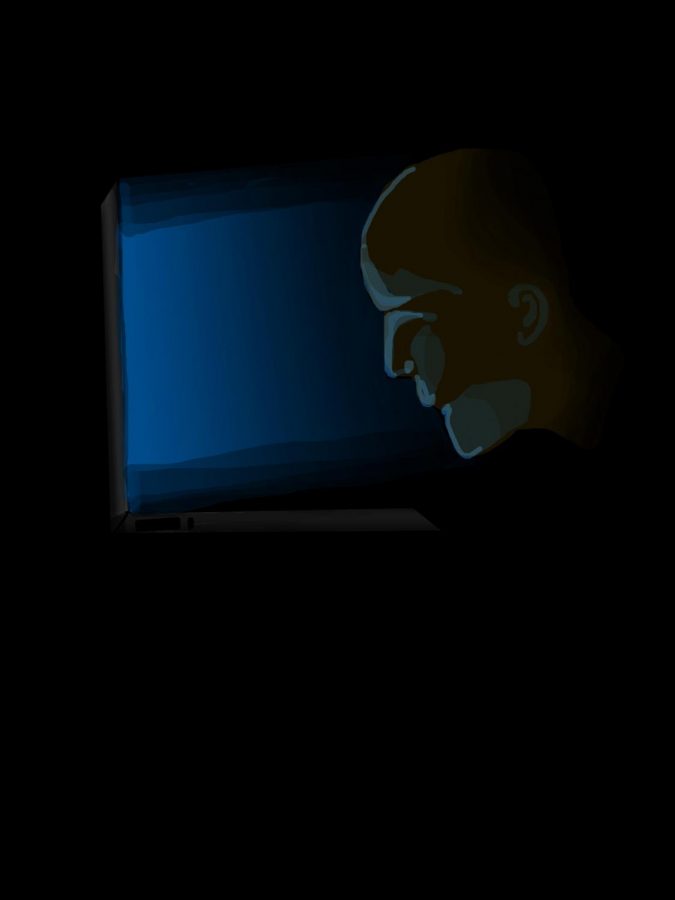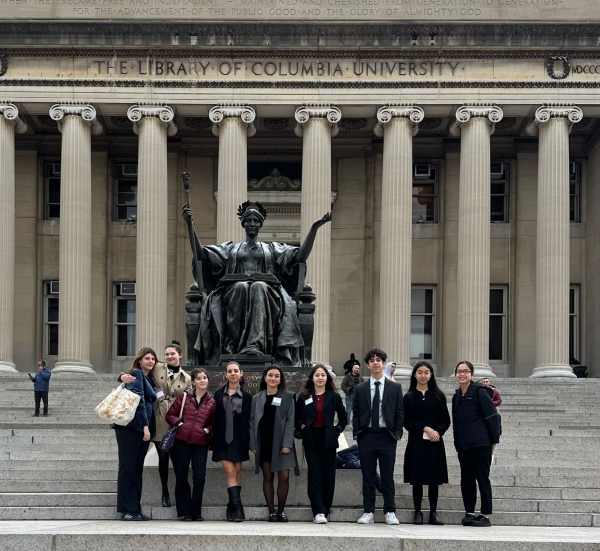The Art of Distraction and Focus
A teenager sitting at their desk at 11:00pm staring into the depths of their laptop screen while their fingers briskly type away is not a sight that would surprise many these days. However, on closer inspection, you would probably see the multiple tabs open on their windows, Youtube videos playing in the background on a different desktop, and more often than not, dark circles under their eyes and complaints about the amount of work they need to complete.
Students—IB students in particular—seem to have a habit of being unable to stay focused, whether it be in class or at home. With distractions everywhere around us, it has become increasingly difficult to focus.
One of the main distractions in our lives right now is technology; it makes life a lot easier, but it is also a huge distraction. As easily impressionable teenagers, it isn’t difficult for the Internet to target our attention and take it away from the things that we should be focusing on. Seeing as around 81% of teenagers use social media sites (according to Pew Research Center), social media seems to be at the core of the problem. Despite being practical and fun to use, social media actually reduces a person’s attention span and their ability to focus. A study in 2013 found that the average human attention span has fallen from 12 to 8 seconds, suggesting the negative impacts of widespread social media use. This stems from the constant need to be kept up to date with your friend network and prevents students from handing in work on time or using time responsibly.
Speaking of the mental harms that often come with unfocused behavior and short attention spans, the role that schoolwork plays in detracting from students’ mental health should also be considered. Schoolwork is a less direct cause of distraction in students as well. Frequently, we as teens are not able to get a healthy amount of sleep due to the overwhelming amounts of homework. Less sleep and more schoolwork increases stress. “If our emotional functioning is compromised,” said school psychologist Dr. Horowitz, “your amygdala (the part of the brain that controls emotions) prevents the prefrontal cortex from working effectively, which is where our executive functions like attention are concentrated. If we get too emotional or stressed out, our focus is compromised.”
With all these problems out there, you may ask how they can be resolved. First and foremost, any devices such as cell phones and laptops should be put away or turned off if they are not needed. It’s not enough to just put them down on the table in front of you, you’ll just pick it back up again. Put them away, out of sight, in a different location. This ensures that you will not be distracted by text messages or the constant need to check social media updates.
The second improvement would be to set a schedule: ask yourself how much work you have and estimate how much time it will take to complete it. Stick to this schedule as much as possible. Dr. Horowitz also noted that people tend to procrastinate when writing essays and spend either too much time researching or editing while writing. Setting a schedule and sticking to it will allow you to write the assignment and leave enough time to edit it from start to finish instead of editing a draft while you’re writing it.
The last suggestion is arguably the most important: take care of yourself. Prioritise your health above all else. Staying up very late to complete an assignment may seem like a good idea at the time, but it takes a large toll on both your learning the next day and the quality of the rushed assignment.
Technology and stress both play a large role in detracting from attention. In students, that lack of focus can be crippling to their academic performance. Through self-care and actively ridding yourself of distractions, it will definitely be easier for you to finish your work before becoming a multi-tab procrastinator at 11:00 pm.









